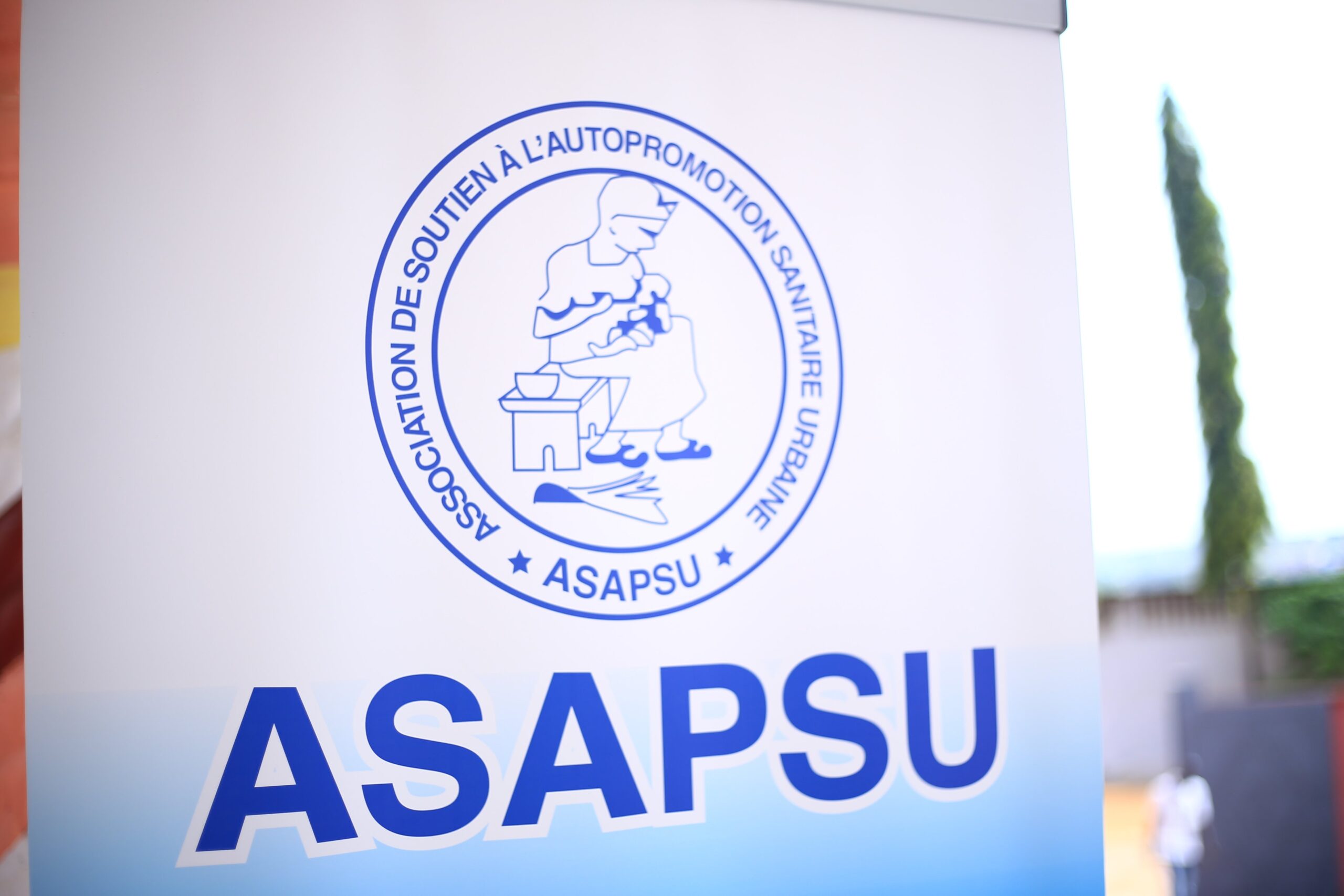On Thursday October 31 in Abidjan, the Association de soutien à l’autopromotion sanitaire urbaine (ASAPSU), in collaboration with the Global Health Advocacy Incubator (GHAI) and GAVI, organized a co-creation workshop on the study of health and vaccination financing in Côte d’Ivoire.
On the agenda of this conclave is the study launched on June 29 by the Association de soutien à l’autopromotion sanitaire urbaine (ASAPSU), aimed at promoting the mobilization of domestic resources for health and vaccination in Côte d’Ivoire.
The consultant in charge of the study, Amalaman Martin, recalled the challenges facing Côte d’Ivoire in terms of health financing, in particular for immunization, which represents only 6% of the national budget, whereas the Abuja Summit recommends 15%. In view of this reality, he presented a methodology and tools designed to take stock of health and immunization financing.
The aim of this approach is to obtain accurate, up-to-date data, as well as targeted recommendations, which will serve as the basis for the domestic resource mobilization strategy that ASAPSU and its partners wish to submit to decision-makers in order to support the Ivorian government’s commitment to the country’s immunization autonomy during GAVI’s gradual transition.
The Abidjan workshop brought together major institutional players, including the National Assembly, the Agence de médecine préventive (AMP), Jhpiego, the Fédération nationale des organisations de santé (FENOSCI) and other key partners.
ASAPSU Board Chair Célestine Navigué expressed her gratitude to the institutions present for their commitment to working alongside ASAPSU’s Strategic Partnership and Advocacy Department, headed by Solange Koné, to co-create solutions for self-financing healthcare in Côte d’Ivoire. She also praised the significant contributions made by the partners to enrich and perfect the study’s methodology and tools.


